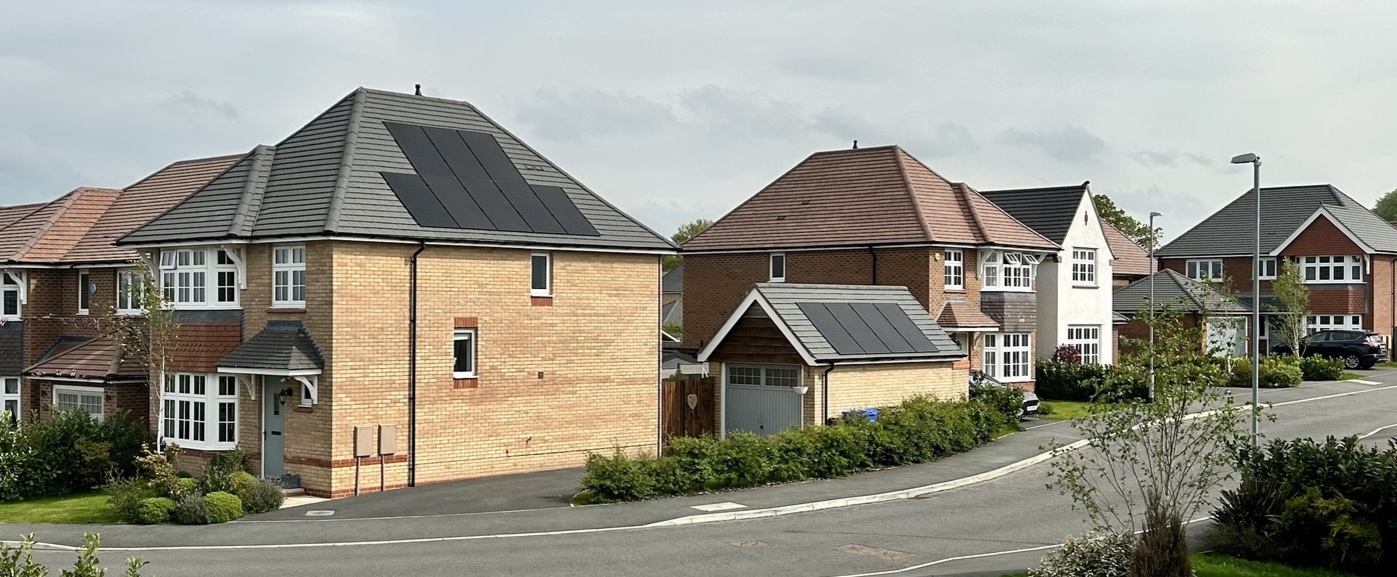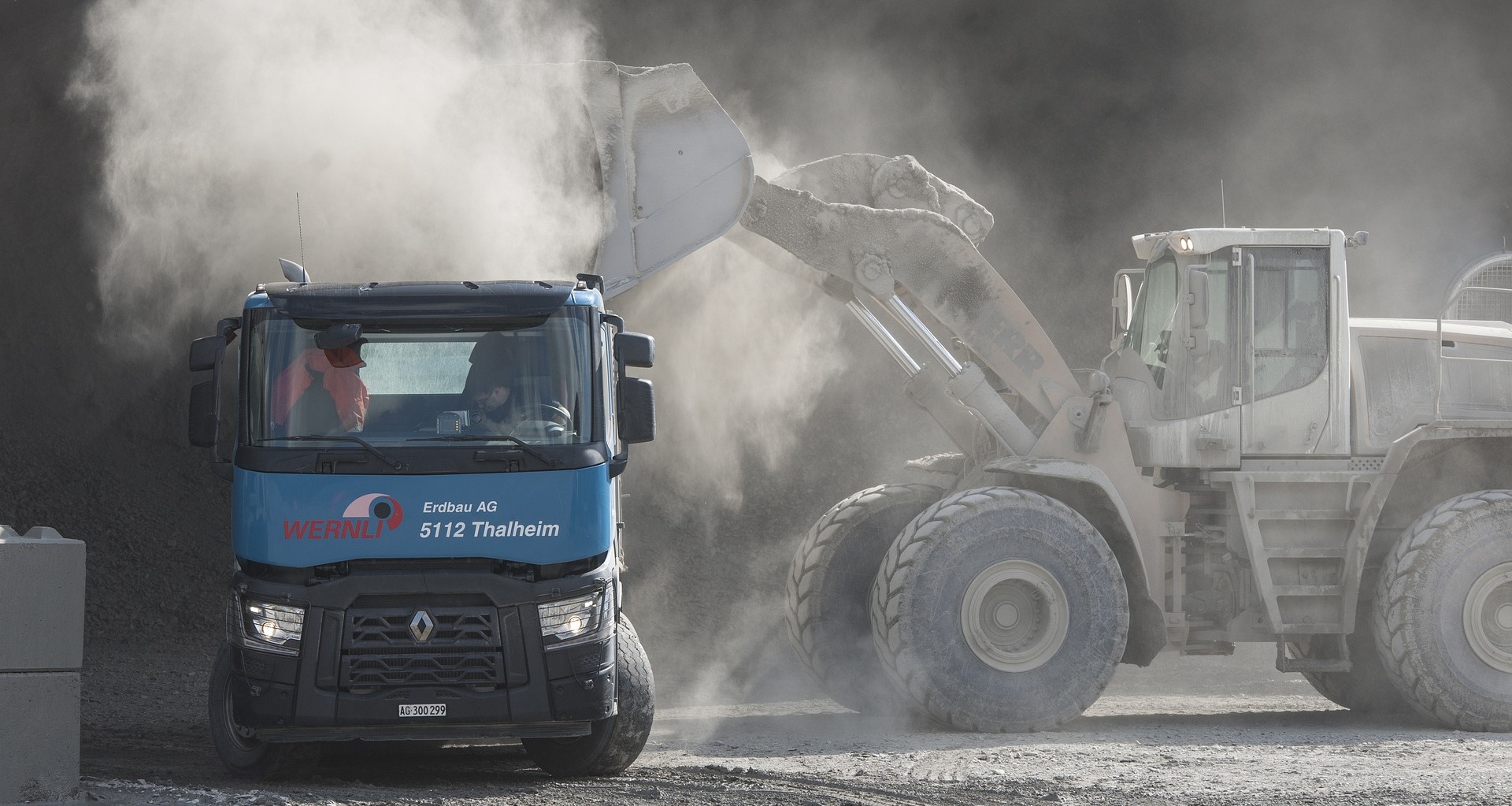Air Quality
Poor air quality continues to pose a significant threat to people in the UK and is one of the greatest environmental threats to human health.
For both commercial and residential developments, it is vital to ensure the air quality in the surrounding areas will not be negatively impacted by emissions, odours, or dust during and after work has been carried out, in order for planning permission to be granted.
Likewise it is also important for industrial operators to ensure that their emissions are not impacting sensitive receptors such as neighbouring properties, schools and wildlife.
At Alkali Environmental, our air quality services are designed to ensure full compliance for your business. These assessments, carried out by our experienced environmental consultants, can determine whether a site is suitable for use in terms of the potential impact on air quality and any subsequent risk to human health, as well as how pollutants can be mitigated.
Our experts have the qualifications and knowledge to perform the necessary assessments and surveys for a number of sectors including property and construction, industrial and commercial, retail and managed estates.
Air Quality Services:
Other Services:
Ground Remediation
Geo-environmental
Geotechnical
Ecology
Asbestos

Air Quality Services:
Air Quality Assessments
Our air quality consultants determine the suitability of potential sites and the potential impact on air quality your project may have. Air quality assessments are used to support Planning and Environmental Permit applications, with most new developments now requiring air quality assessments by the UK government.
Environmental Impact Assessments (EIA) – If your project requires an EIA, our consultants can provide Environmental Statement (ES) chapters to suit your project.

Air Quality Risk Assessment for Environmental Permits
In the UK any activity that causes emissions of pollutants may require an Environmental Permit. Depending on your activity and the pollution risk, you may need to apply to the Environment Agency (or Scottish Environmental Protection Agency) for the larger processes or your local council for less polluting activities. Alkali Environmental use screening tools or dispersion modelling to determine the significance of impacts.
Environmental Permits need to demonstrate that they are using Best Available Techniques (BAT). BAT means the available techniques which are the best for preventing or minimising emissions and impacts on the environment. This is designed to ensure the impacts would not be significant.
Dispersion Modelling Assessments
Dispersion modelling is vital in determining pollutant levels and can therefore inform the early stages of your project to mitigate any issues and achieve compliance.

Air Quality Neutral (AQN)
The London Plan requires new developments to be Air Quality Neutral. Air Quality Neutral is a term for developments that do not contribute to air pollution beyond allowable benchmarks. Our consultants can undertake these assessments for major developments in London.
Air Quality Positive (AQP)
Large-scale development sites within London are required to maximise benefits to local air quality and minimise exposure for future site users to become Air Quality Positive.
H1 Stack Height Determination
Using the Environment Agency’s H1 Software Tool, an appropriate stack height can be determined for any pollutant, including odour.
Air Quality Monitoring
Alkali Environmental can carry out a wide variety of ambient and odour monitoring techniques ensuring the air quality complies with the necessary British and international standards.
Construction Dust Monitoring
Alkali Environmental can carry out monitoring throughout the lifecycle of your construction projects using the latest MCERTS certified analysers giving real-time particulate, noise and ground vibration measurements. These systems can also provide quick alerts if the levels are elevated, ensuring a quick response can be made to investigate and mitigate.

Odour Assessments
Minimise the risk of nuisance complaints by assessing the effects of odour on the surrounding environment before your project has begun. Alkali Environmental experts can also carry out MCERTS odour monitoring to comply with your permit requirements.
Mitigation Advice
All of the mitigation advice offered by Alkali Environmental is completely bespoke to your project, reducing the effects of air pollution for future occupants and users. Examples of potential mitigation measures include:
Sustainable travel plans
Electric vehicle infrastructure
Low emission domestic boilers
Mechanical ventilation systems
Policy Advice
We work with several industry bodies and regulators to ensure you are up to date on the latest policies and legislations and know how these may affect your day-to-day work.
SCAIL (Simple Calculation of Atmospheric Impact Limits) Assessments
Under the Integrated Pollution Prevention and Control (IPPC), permits are required for intensive agriculture to ensure compliance with relevel Air Quality assessment levels and odour control. SCAIL assessments help to support planning applications in the agricultural sector through the screening of agricultural air emission impacts on ecologic sites.
Local Authority
Our consultants have worked in and with various Local Authorities and have the experience of a wide range of projects to help improve air quality. We can assist with planning, developing, air quality monitoring, modelling and implementation. Example projects:
School Streets
Green Infrastructure around schools and offices
Awareness Raising
Preparation of Air Quality Action Plans (AQAPs)
Get in touch to see how Alkali Environmental can assist with your requirements.
Annual Status Reports (ASR)
Each year by the 30th June, each Local Authority must produce an Annual Status Report (England) and Annual Progress Report (Scotland and Wales), detailing the annual pollution levels recorded and measures that have been implemented or planned. Our consultants can assist with the preparation of these reports.
Sectors
Residential
Commercial
Industrial
Energy
Mixed Use
Local Authority
More
Ground Remediation
Geo-environmental
Geotechnical
Ecology
Asbestos



